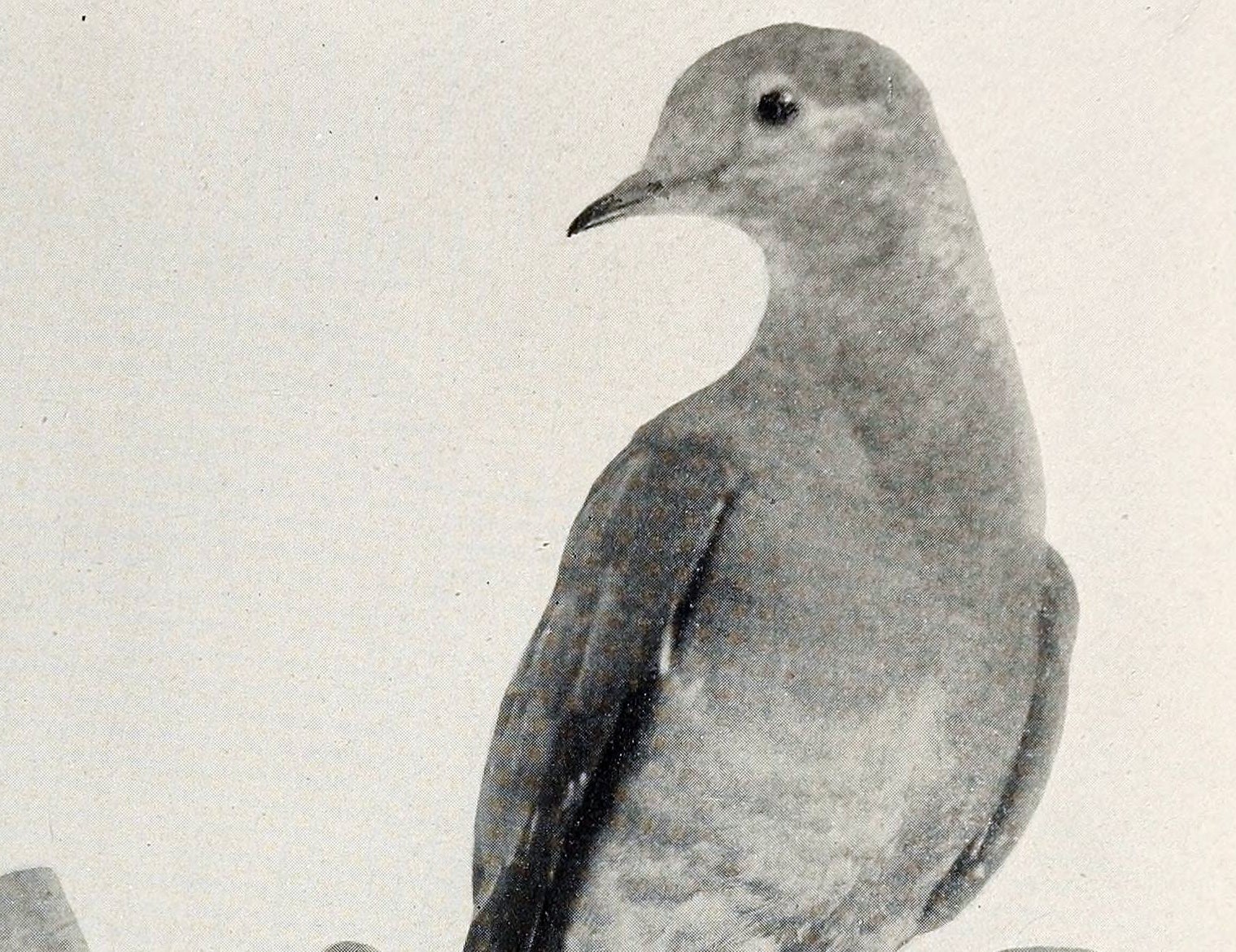A Wausau art museum is marking the 100-year anniversary of the extinction of the passenger pigeon this weekend.
Wisconsin used to have one of the largest colonies of passenger pigeons in America. Accounts say that the birds would blacken the skies when they flew overhead. However, the species’ population was devastated by hunting over the years, and by 1910, there was only one pigeon left: a bird in captivity named Martha, who eventually died in 1914.
The Leigh Yawkey Woodson Art Museum is tying its 39th annual “Birds in Art” exhibition to the 100th anniversary of Martha’s death. Director Kathy Kelsey Foley said the museum is hosting a series of programs marking the extinction event.
Stay informed on the latest news
Sign up for WPR’s email newsletter.
“What really makes ‘Birds in Art,’ our flagship exhibition, so special are the exhibitions that compliment it, specifically ‘Legacy Lost’ and ‘Saved,’ which highlights the centennial of the passenger pigeon (extinction),” said Foley.
More than 100 artists are displaying their avian-themed work at this year’s “Birds in Art.” Seventy of them are meeting this weekend with Stanley Temple, a University of Wisconsin-Madison researcher who has devoted much of the last year to the passenger pigeon extinction.
“It’s a very teachable moment about our relationship with other species and especially about human-caused extinction,” said Temple. “Artists, especially bird artists, have always played a dominant role in bird conservation.”
Temple said he hopes the artists continue to push an environmental message. Many of the earth’s species, he noted, are still under threat of extinction.
“It’s because we’re greedy, whether it’s overfishing the most commercially valuable fish in the sea or whether it’s poaching of elephants for their ivory,” said Temple. “Despite the fact that we’ve protected many of these species, we seem to be unable to enforce that protection.”
Wisconsin Public Radio, © Copyright 2024, Board of Regents of the University of Wisconsin System and Wisconsin Educational Communications Board.




